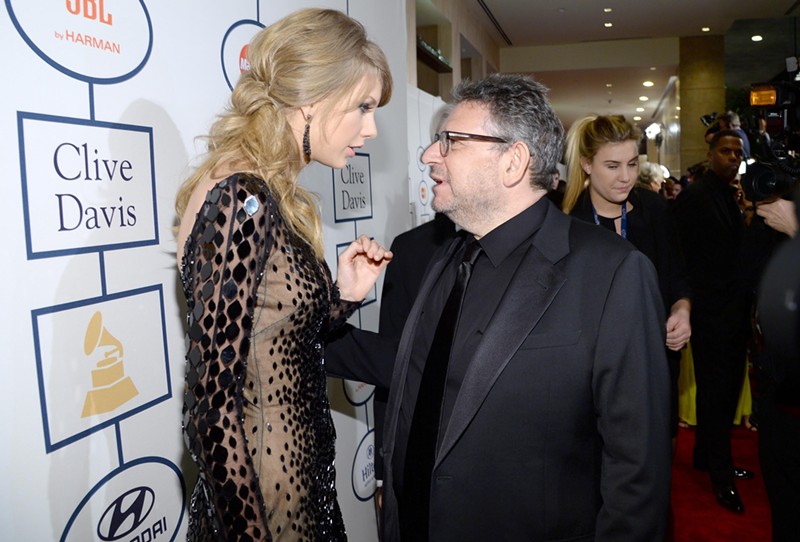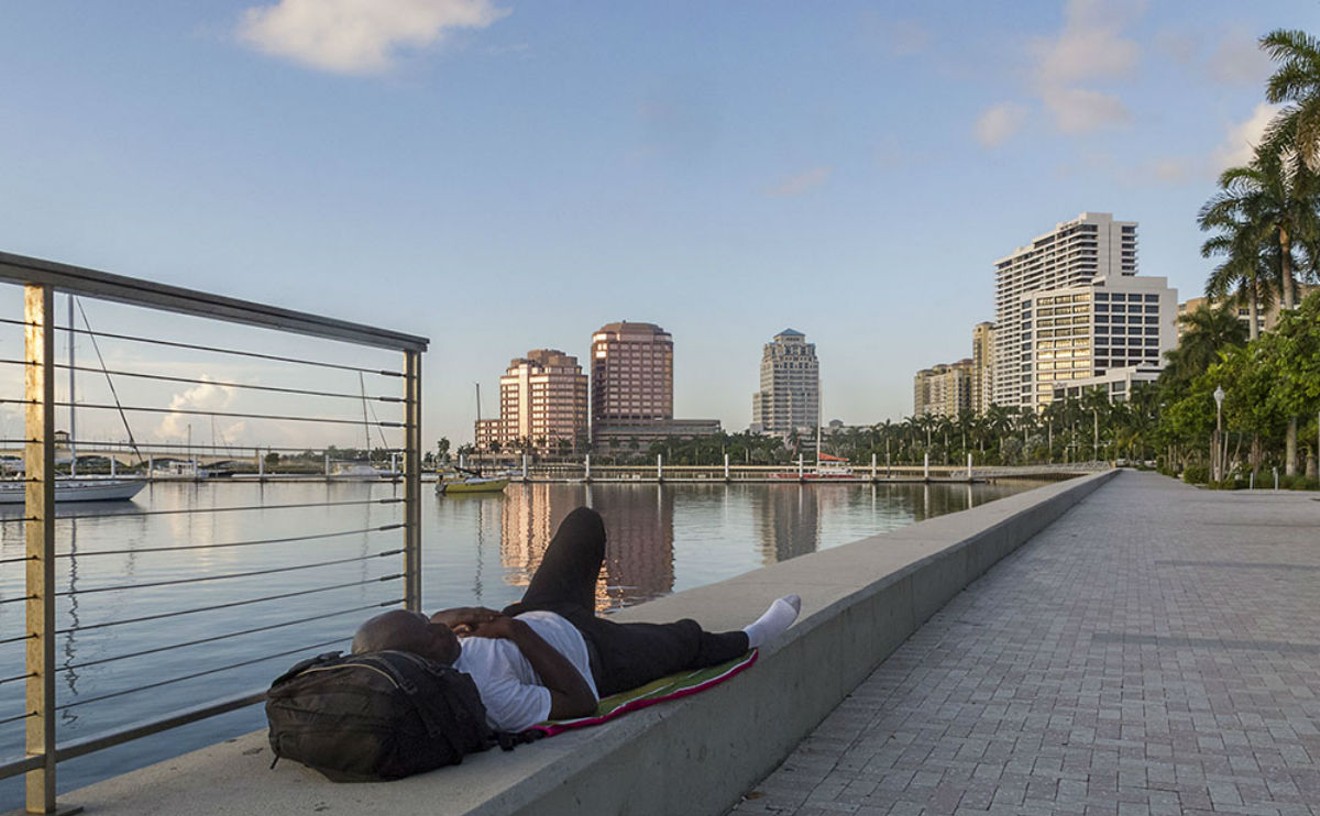Universal Music Group chief executive Lucian Grainge is seeking sanctions against a New York City attorney who he claims subjected him to global scorn by unfairly fingering him as a defendant in a sex-trafficking lawsuit against Sean "Diddy" Combs.
Grainge, one of the most prominent executives in the music industry, says he was dragged into producer Rodney Jones' sprawling lawsuit on the basis of fabricated allegations that he and Universal Music Group funded criminal activity at Combs' Miami Beach mansion and beyond. Grainge and Universal were dropped from the case on March 14, with the plaintiff's attorney, Tyrone Blackburn, conceding that there was "no legal basis" to include them in the lawsuit.
Jones' case, which is still pending against Combs and other defendants, contains claims that seem jarring even in the context of the avalanche of sexual assault and abuse allegations levied against Combs over the past six months.
The lawsuit alleges that while Jones was working on Diddy's Love Album: Off the Grid, the rapper tried to turn him into a pimp for a stable of Miami sex workers and "threatened to eat Mr. Jones' face" if he abandoned the entourage. Jones, AKA Lil Rod, claims Combs hosted sex parties where liquor was spiked with drugs — and that Combs participated in a shooting coverup at a Los Angeles music studio. (Photos depicting an apparently bloody toilet were included in the complaint.)
In the motion for sanctions, Grainge says Jones and his attorney roped Grainge into what has become one of the most disturbing music industry scandals in recent history. Record labels, industry executives, and fellow rappers have been distancing themselves from Combs as the lawsuits roll in — and to be associated with Diddy's inner circle of alleged depravity immeasurably sullied Grainge's reputation, the veteran music-label executive says.
Blackburn tells New Times he plans to fight the motion.
"The sanctions motion is baseless and was filed in bad faith. This will be abundantly clear when we file our opposition," the attorney says in a statement.
In March, three weeks after Jones filed the lawsuit, Diddy's mansions in Los Angeles and Miami Beach were raided as part of a federal sex-trafficking investigation. Investigators released scant details about the raids, leaving it uncertain whether they were related to Jones' case. Combs has not been charged with a crime in the feds' probe.
More recently, a video surfaced showing Combs in 2016 repeatedly punching Cassie Ventura, his then-girlfriend, and kicking her as she was lying motionless on the floor of a California hotel — footage that confirmed Ventura's stories of violent abuse at the hands of the hip-hop mogul.
Meanwhile, Jones' case against Diddy is playing out in New York federal court.
In the initial version of Jones' lawsuit, Blackburn wrote that Grainge "sponsored and attended" Diddy's raucous album-listening parties where "sex workers and underage girls" were present. But Grainge's name was removed from that narrative when Blackburn filed a new version of the pleading in April.
In the motion for sanctions, Grainge and Universal say the stories amounted to "patently fabricated and highly incendiary allegations" that the attorney included in an attempt to feature Grainge and Universal Music Group in the lawsuit. The motion argues that Blackburn kept Grainge listed as a defendant in the April filing even after he backed away from claims that Grainge attended the alleged sex-trafficking parties.
"Blackburn knew or, as an attorney practicing before this court, should have known, how to investigate plaintiff’s allegations. It is clear that any investigation would have provided no corroboration with respect to [Universal] because they had nothing to do with any of the alleged actions of Combs and his associates," the motion states.
Grainge claims that as a result of being named as a defendant, he's been subjected to anti-Semitic attacks on social media, had his home address publicized, and was forced to obtain enhanced security for his family. The motion, which seeks sanctions against Jones as well, could lead to fines in favor of Grainge or non-monetary penalties.
In an April letter to the judge (sent several weeks before dropping the claims against Grainge), Blackburn defended the revisions to the lawsuit. He said the changes made in the new pleading were part of the process of ironing out the details of a complicated case, and that "corrective amended pleadings may naturally be at odds with original pleadings."
"The Plaintiff stands by the facts as written in his First Amended Complaint as it was written with the knowledge, documents, videos, and audio recordings he possessed when the pleading was written and filed," Blackburn wrote.
The initial filing by Jones also put forth now-abandoned allegations that Grainge and Universal were liable for Diddy's conduct because they bankrolled the establishment of Diddy's label, Love Records (for which Jones worked as a producer), giving Combs the financial resources to carry out the alleged criminal escapades. Blackburn initially framed Universal-owned label Motown Records as a "parent" company of Love Records. He later amended the case to say there was a "general partnership" between Combs and Universal Music Group.
Grainge says, however, that the business relationship was nothing more than a licensing agreement with Love Records. He and Universal have argued in court that the notion that they should be held responsible for Combs' conduct simply because they licensed Combs' songs has no legal merit. They argued that given Diddy's estimated net worth of more than a billion dollars, it would be far-fetched to attribute the money that funded the alleged criminal activity to Grainge or Universal.
"Under Blackburn’s theory, any payor of monies to Combs for any reason (e.g., Diageo, which distributes his liquor brands, or a bank paying interest on an account) is liable for Combs' actions," Grainge and Universal argued in an April motion to dismiss. (Editor's note: In January, Diageo announced a settlement in a business dispute with Diddy over the Ciroc and DeLeón liquor brands. The company, which already owned Ciroc, took full ownership of DeLeón and said it would have "no ongoing business relationship" with the rapper.)
Weeks before dropping the claims against Grainge and Univeral, Blackburn had asserted the music license agreement was a "toothless sham" to obscure the parties' business relationship. He wrote to the presiding judge in the Southern District of New York that Universal provided Combs with $1.3 million in "unchecked dollars" under their deal.
With reported annual revenue of more than $11 billion, Universal Music Group bills itself as "the largest music company in the world." Grainge has served as its CEO since 2011.
Grainge says he incurred nearly a half-million dollars in legal fees in the Jones case before the counts against him were dropped.
[
{
"name": "Air - MediumRectangle - Inline Content - Mobile Display Size",
"component": "19274298",
"insertPoint": "2",
"requiredCountToDisplay": "2"
},{
"name": "Editor Picks",
"component": "17482312",
"insertPoint": "4",
"requiredCountToDisplay": "1"
},{
"name": "Inline Links",
"component": "18711090",
"insertPoint": "8th",
"startingPoint": 8,
"requiredCountToDisplay": "7",
"maxInsertions": 25
},{
"name": "Air - MediumRectangle - Combo - Inline Content",
"component": "17482310",
"insertPoint": "8th",
"startingPoint": 8,
"requiredCountToDisplay": "7",
"maxInsertions": 25
},{
"name": "Inline Links",
"component": "18711090",
"insertPoint": "8th",
"startingPoint": 12,
"requiredCountToDisplay": "11",
"maxInsertions": 25
},{
"name": "Air - Leaderboard Tower - Combo - Inline Content",
"component": "17482313",
"insertPoint": "8th",
"startingPoint": 12,
"requiredCountToDisplay": "11",
"maxInsertions": 25
}
]












